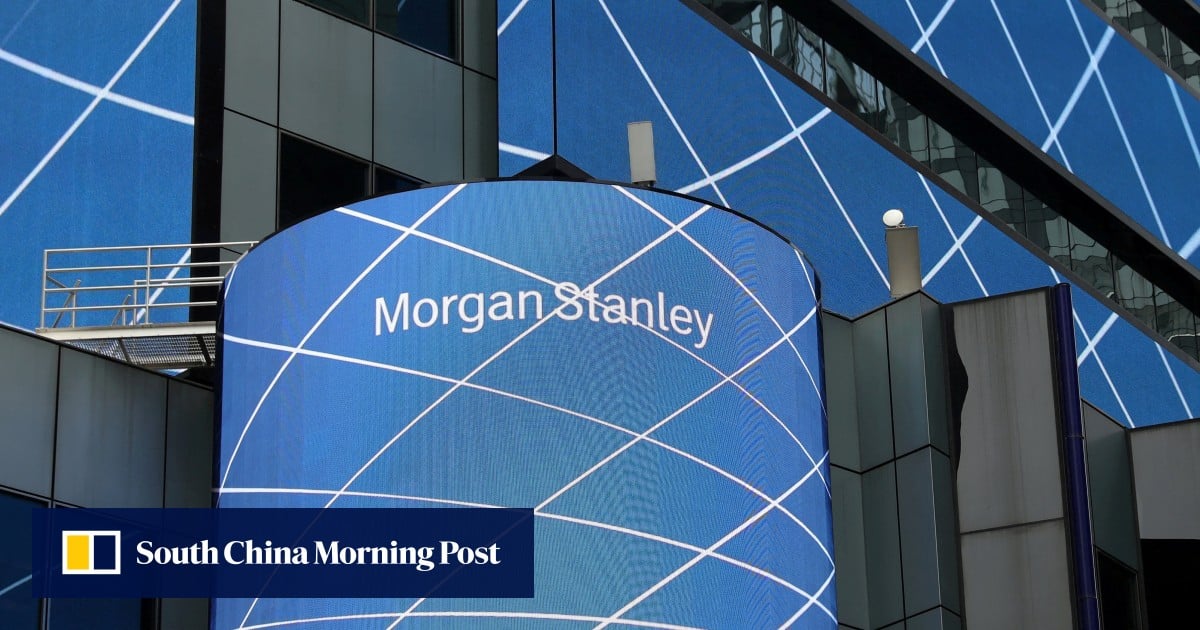TAIPEI, Taiwan — According to Nikkei Asia, Apple and Intel have emerged as the first adopters of Taiwan Semiconductor Manufacturing Co.’s next-generation chip production technology, which could be deployed as early as next year. Even as Washington strives to bring more semiconductor production to American soil, this development demonstrates how important TSMC remains to U.S. chip goals. According to numerous people briefed on the topic, Apple and Intel are testing their chip designs using TSMC’s 3-nanometer production technology, with commercial production of such chips slated to begin in the second half of next year. The width between transistors on a chip is measured in nanometers. The smaller the number, the more advanced the chip, but also the more difficult and costly it is to manufacture. TSMC’s 5-nm technology, which is used in all iPhone 12 CPU chips, is the most sophisticated semiconductor fabrication technology currently in use for consumer electronics. According to TSMC, 3-nm technology may boost computer performance by 10% to 15% while lowering power consumption by 25% to 30% when compared to 5-nm technology. According to insiders, Apple’s iPad will most likely be the first device to use 3-nm chips. For scheduling considerations, the next generation of iPhones, which will be released next year, is slated to use the intermediate 4-nm technology. Intel, the world’s largest chipmaker, is collaborating with TSMC on at least two 3-nm initiatives to create central processing units for notebooks and data center servers, in an effort to reclaim market dominance lost to Advanced Micro Devices and Nvidia in recent years. At the earliest, mass production of these chips is projected to begin by the end of 2022. “At the moment, Intel’s chip volume is greater than Apple’s iPad utilizing the 3-nanometer technology,” one of the insiders stated. The agreement with TSMC is intended to tide Intel over until it can get its own in-house production technologies up and running. Intel designs and manufactures processors. The corporation has postponed the release of its own 7-nm manufacturing technique until 2023, putting it behind Asian rivals TSMC and Samsung Electronics. Intel revealed this week that the release of its latest Xeon processors, which are based on the company’s 10-nm technology, has been pushed back from the end of this year to the second quarter of next year. Intel CEO Pat Gelsinger has termed Intel’s relationship with TSMC as “co-opetition,” a mix of cooperation and competition. The American firm announced earlier this year that it will collaborate with TSMC on a number of processor chip projects, marking the first time in its history that it will outsource the production of its core products. AMD, Intel’s smaller rival, is poised to adopt TSMC’s 5-nanometer chip production technology for its notebook processors next year, according to several sources. AMD’s market share for notebook CPUs increased from 11% in 2019 to more than 20% last year. This year, Nvidia, the most valuable American chip business, declared that it would enter the server chip market to compete with Intel. According to Nvidia, its first server CPU chip would use TSMC’s 5-nm technology and will be available in early 2023. The battle to embrace the most cutting-edge chip manufacturing nanotechnology is not simply a business endeavor; geopolitics also plays a role. The United States, the European Union, and Japan are pushing to move critical chip production home, claiming national security concerns. To reclaim the country’s chip manufacturing leadership, Congress authorized a $52 billion package to invest in the semiconductor industry. The Department of Energy shifted from Intel-manufactured chips to those produced by TSMC for its supercomputer, despite the fact that the latter are not built in the United States, because Intel’s delay in rolling out its 7-nanometer chip production technology poses a security concern. Huawei used to be one of the most aggressive major clients when it came to adopting the industry’s latest chipmaking technologies, but the US government prevented it from doing so owing to national security concerns. Intel said it is working with TSMC for its 2023 product range in response to a request for comment from Nikkei Asia, but did not specify which production technique it is employing. Apple did not answer to Nikkei Asia’s request for comment, while TSMC said it does not comment on individual clients’ plans./n
Read MoreApple and Intel become first to adopt TSMC’s latest chip tech
2021-07-02T03:15:52-04:00July 2nd, 2021|





